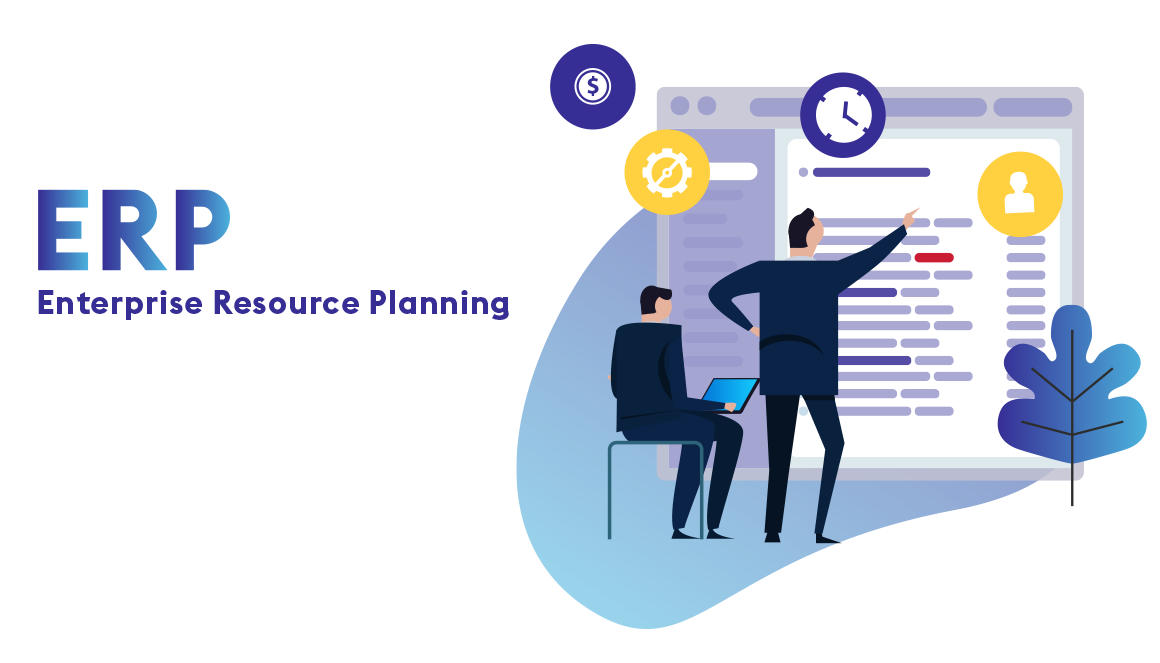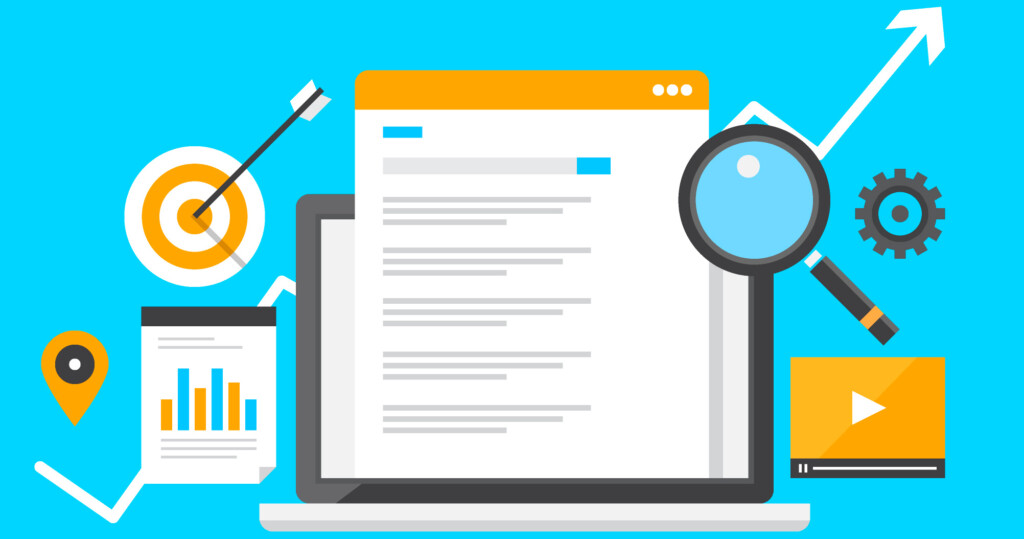How to Evaluate and Select the Right ERP System

Enterprise resource planning software improves businesses one department at a time. These integrations give companies more insight into how their organizations operate and what tasks are unnecessary. Streamlined operational processes improve everything from customer service to supply chain management. Here are options for evaluating ERP systems and finding the best choice for your organization.
Define Your Needs
Business owners discuss their ERP needs with the vendor based on what the company does and how they manage their customers. ERP software offers several great features, including inventory management, supply chain management, and customer relationship management. Business owners review the features available for their ERP integration and choose the applications they need for each department and the role of every worker in the organization. Discuss your operational needs for an ERP system with a vendor.
Review Automated Processes
Mundane processes overburden workers and take up too much of their time each workday. Workers have many tasks they complete for the business each day, and some of these tasks are unnecessary and take time away from more important work duties. ERP offers automation for many mundane processes, and the system completes these processes fast. Business owners review each task the workers do every day and decide what tasks should be automated. These assessments help the vendor create the best ERP solution for the organization and lift the burden off the on-site staff.
Consider Storage Needs
Cloud-based storage is ideal for enterprise resource planning software, and the storage option is scalable to meet the company’s needs. As companies expand, they need more storage for data and customer files. Cloud storage is easy to increase and accommodate a growing business, and the service provider can scale up the cloud storage as needed to meet the company’s needs.
Portability of Company Data
Companies want solutions that make their data portable. Data centers are often located in one place and managed by data systems administrators. However, if the data is stored in the cloud, the company and its workers have access to the data via internet services. This means workers in all branches of the company have access to the data according to permissions and their role in the organization. Remote workers have access to the data through secure connections set up by the administrators. Companies that are relocating to a new city don’t have to pack up servers or other equipment since all data files are stored in the cloud.
Technical Updates And Support
Companies need an ERP solution that offers technical updates and support. Vendors offer updates for the ERP to give them access to all new features, and the workers can get tech support on a 24-hour basis. If there are any problems or if workers have questions, the tech support team offers fast assistance, and remote workers don’t have to wait for business hours to get assistance. These services should come with the ERP solution package and provide the business owner and workers with the help they need.
Enterprise resource planning integrations streamline business processes, and companies that need these solutions must assess all the features before committing to buy. ERP solutions help companies get more out of their on-site resources and improve how they serve customers. The business type defines what features they need for the ERP and how to manage their operational processes.




